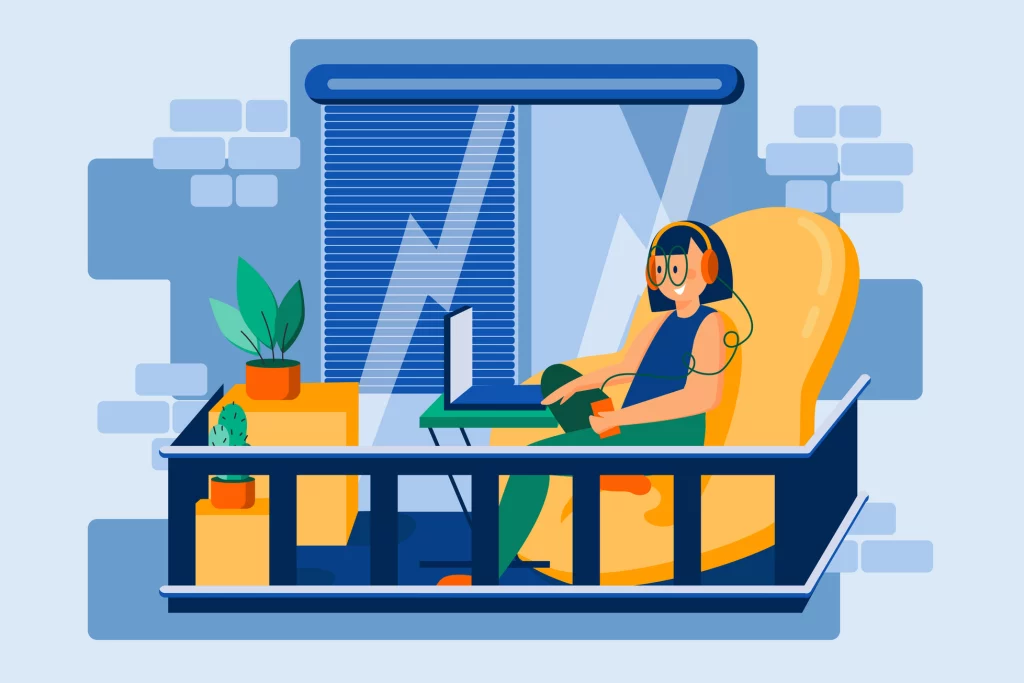Blended learning: a disruptive innovation that’s here to stay

In the late 20th century we were ushered into the information age. Over the last 20 years, there has been rapid technological advancement. So long print material, hello digital age! As the world pivoted so did education. So long overhead projectors, hello SmartBoards! Today information is so accessible it is in your back pocket. Many students have access to their own personal devices. The tech boom has created huge opportunities for educators.


What is Blended Learning?
The term ‘Blended Learning’ is becoming a buzzword in Education but the concept has been around for a while and most likely your students are already participating in a blended program. Blended learning is a formal programmatic model that bridges face-to-face in classroom, teacher controlled, learning with online/ digital student-controlled learning. Under the Blended Learning umbrella, there are four models most programs fall into: Rotation, Flex, A la Carte, and Enriched Virtual.
Why Blended Learning?
Flexibility. Engagement. Increased Student Outcomes
The best Blended learning (also known as hybrid learning) programs showcase the best core elements of teaching and the best elements of eLearning technology. Flexible in nature, programs can be created to satisfy strategic school-wide outcomes, while still keeping students engaged and excited about learning.
It provides a framework to facilitate more robust classroom collaboration, independent study, enrichment and allows for tailored instruction to students that need additional help. As the teacher, you are steering but not constantly driving students learning.
Blended Learning + The Future
The tech industry is going to continue to create and innovate. This means that hybrid learning is here to say. Various programmatic models are widely used across STEM and are gaining traction across the Arts. Adding e-learning elements into the classroom music program boosts student engagement and helps with retention into later elective years. eLearning programs like, MusicEDU’s Trackformers can also cross over into the co-curricular space. Additionally, Parents look for these hybrid programs as they screen schools for their children.
To learn more about bringing eLearning into your classroom, click here
To learn more about Blended Learning visit:
https://www.blendedlearning.org/basics/
https://www.christenseninstitute.org/blended-learning-definitions-and-models/



